Through continued intentional collaboration between engineers, data scientists, nurses, health-care providers, philanthropists, and patients' families, new skin-integrated systems offer the promise of raising the standard of neonatal monitoring by improving outcomes and humanizing care worldwide. Amy Sarah Ginsburg with the UW Clinical Trial Center, based out of the Department of Biostatistics, is a co-author
In the News
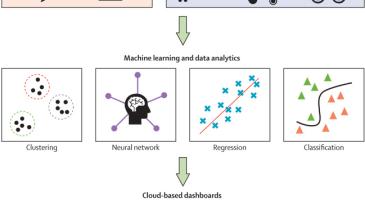
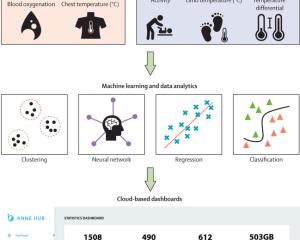

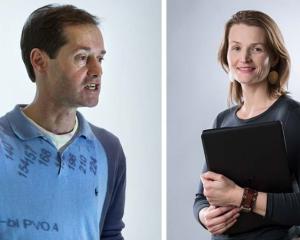
When COVID-19 burst onto the scene last winter, and Tony Fauci, head of the National Institute of Allergy and Infectious Diseases, was looking for a way to run massive, credible and rigorous trials of potential vaccines, he turned to experts at the HIV Vaccine Trials Network (HVTN) based at the Fred Hutchinson Cancer Research Center. Co-principal investigators of the HVTN Statistics and Data Management Center include three researchers who are also University of Washington School of Public Health faculty: Peter Gilbert (Biostat), Holly Janes (Biostat), and Yunda Huang (Global Health).
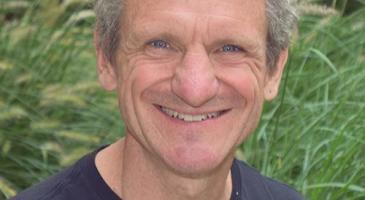
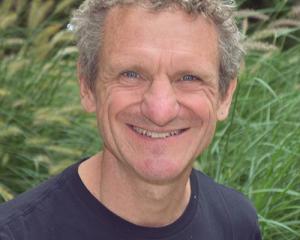
Jonathan Wakefield, professor of biostatistics and statistics, is co-author of this paper that describes four extensions to previous work: (i) combining summary birth history data with full birth history data, (ii) modeling on a yearly scale, to combine data on a yearly scale with data at coarser time scales, (iii) adjusting direct estimates in Admin‐2 areas where we do not observe any deaths due to small sample sizes, (iv) acknowledge differences in data sources by modeling potential bias arising from the various data sources.
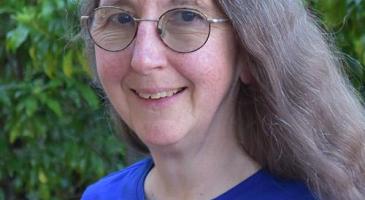
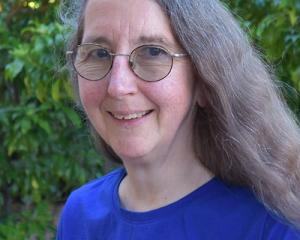
Ellen Wijsman will admit that she doesn’t have all the answers, but she might just have all the right questions. As Professor of Biostatistics in the UW School of Public Health and UW Division of Medical Genetics/Department of Medicine in the School of Medicine, she has a healthy skepticism for new scientific discoveries about Alzheimer’s disease.


Biostatistics alum Xihong Lin (MS ’92, PhD ’94) is the recipient of the 2021 L. Adrienne Cupples Award for Excellence in Teaching, Research, and Service in Biostatistics. The award is presented by the Department of Biostatistics at the Boston University School of Public Health. Lin, a pioneer in statistical methods for analysis of whole genome sequencing studies, was also recently named one of 50 Changemakers of Public Health by the UW School of Public Health.


UW Center for Biomedical Statistics (CBS) staff member Sarah Monsell co-authored this recently published study.


The Population Architecture using Genomics and Epidemiology (PAGE) consortium at the Fred Hutchinson Cancer Research Center received a $9.8M grant to improve genetic risk prediction for cardiovascular disease in racially and ethnically diverse populations. “The goal is to create risk scores for cardiovascular and related diseases that work equally well in people of color as in European Americans,” said Charles Kooperberg, head of the Hutch’s Biostatistics Program and one of the principal investigators of the study. Kooperberg is also an affiliate professor of biostatistics with the University of Washington School of Public Health.

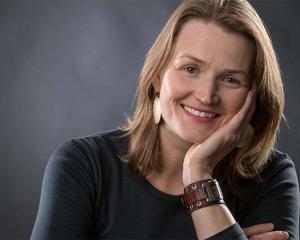
Affiliate Professor of Biostatistics and Fred Hutch biostatistician Holly Janes participated in discussions about the design of HIV vaccine trails in the era of oral PrEP. “There are a lot of people who are interested in PrEP, but cannot sustain that over time,” she said. “One reason has to do with the usual challenges of getting people to change their behaviors when they are healthy. An analogy might be the difficulty in getting people to floss their teeth on a daily basis. It’s difficult for all of us,” said Janes.